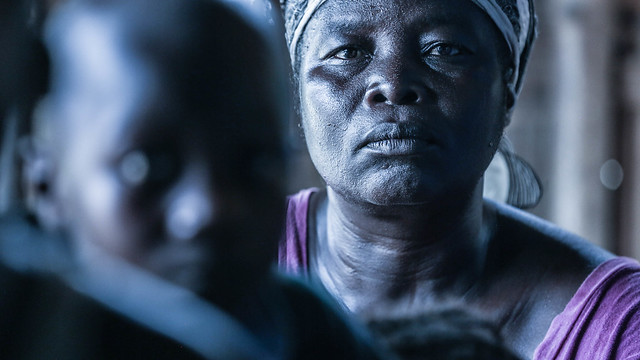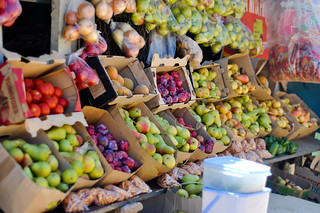Fishing in West Africa
In coastal communities across West Africa, fishing the ocean is a way of life and vital to providing incomes and nutrition, especially for the poor. West Africa waters are rich in fish of all varieties.
Despite this fact, from Nigeria to Ghana, to Senegal, the fishing industry in these countries still grapple with challenges that limit production capacity and by extension, ability to meet the daily nutrition needs of West African families.
Over a billion people, most of whom are poor, depend on fish as a source of animal protein. Fish is the cheapest source of animal protein in the world and supports families by providing income, employment, and food security to West African communities.
West Africa is gifted with abundant fish resources, supplying over 50 percent of the world’s fishing resources. However, most West African countries import fish instead of relying on the countries rich fishing waters for food and employment.
Although fishing in much of rural Africa tends to be overshadowed by agriculture and stock raising, it is not a marginal sector. Fishing provides direct incomes for about 10 million people, half of whom are women and contributes to the food supply of 200 million more.
According to the WorldFish Centre, an independent research institute headquartered in Malaysia, Africans rely on fish for an average of 22 percent of their consumption of animal protein. In some countries, the rate is as high as 70 percent. Fish also provides essential vitamins, minerals, fatty acids and other nutrients crucial to a healthy diet. The poor rely on fish more than others do, because it is often the most affordable source of protein.
Fishing also makes a significant economic contribution. In Uganda, for example, lake fisheries yield catches worth more than $200 million a year, contributing 2.2 percent to the country’s gross domestic product. They employ 135,000 fishers and 700,000 more in fish processing and trading, and generate $87.5 million in export earnings.
Together we build awareness that boost harmony, education, and success, below are more links to articles you will find thought provoking.
- Historical African Country Name
- Top 20 Largest Countries in Africa
- How many countries does Africa have?
- Roots of Africanized Christianity Spiritual Songs
- Chocolate Processing Facts History and Recipes
- Awesome Kenyan Woman
- Land is Not For Women in Sierra Leone
- African Kente Cloth Facts
- Accra the Ghanaian Capital Ultimate Mall Experience

































